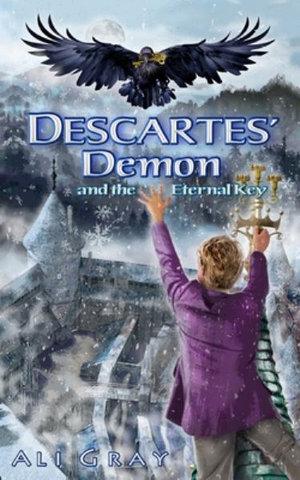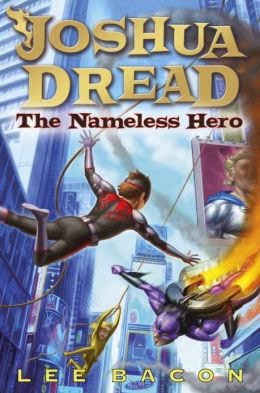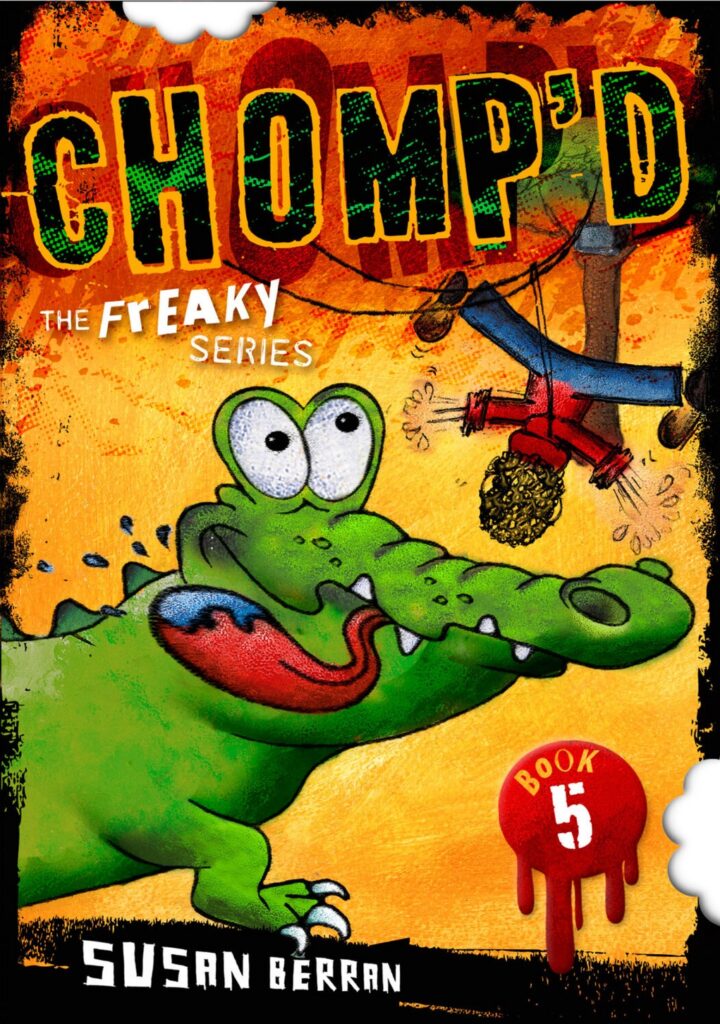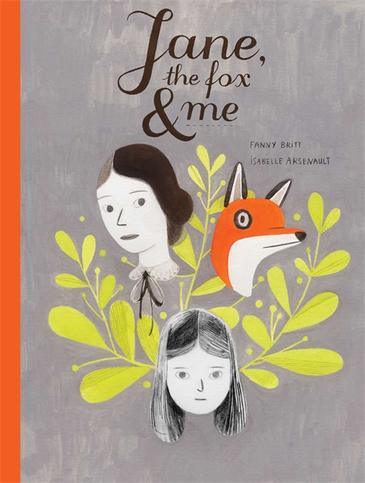Ali Gray, Descartes’ Demon and the Eternal Key, CreateSpace, December 2019, 156 pp., RRP $38.99 (pbk), ISBN 9781721836819
The Eternal Key sends Charlie through time and space to a castle in Sweden in the 1600s, to help the philosopher Descartes find his stolen manuscript and protect him from the demon invading his mind. To do that, Charlie is going to have to travel into Descartes’ mind himself and solve the puzzles and mysteries he finds there. If he fails, he’ll lose not only Descartes and his grandfather, but a terrible demon will be unleashed on the world.
Descartes’ Demon is the second book in the Eternal Key series, but the reader doesn’t need to have read the first one to understand what is going on in the second. The author uses Charlie’s adventures with the Eternal Key to explain and explore the ideas of Descartes, from the famous philosophical proposition “Cogito Ergo Sum” (I think, therefore I am), to his development of Cartesian graphs for plotting points from two axes.
The story has a rather slow build-up, but it really gets weaving when Charlie meets Descartes and gets pulled into the philosopher’s mind. This internal setting is the landscape that is most vivid and intriguing throughout the story, and it ties solidly into the exploration of the philosophical ideas and challenges.
The cast of characters is limited. Charlie has the help of a young girl, Belle, who he meets in the castle, but I didn’t feel that she brought much to the story other than acting as a walking source of food, fire and mice as needed.
The action and adventure helps to make some profound concepts more understandable and accessible to young readers. While I felt that the language and characterisation was rather stilted and didactic at times, and more reminiscent of The Magic School Bus than I would have liked, the visualisation of some of the philosophical concepts was effective and the ultimate confrontation between Charlie and the demon was a gripping and memorable conception of Descartes’ ideas.
Descartes’ Demon would be a good starting point for young philosophers aged 9 to 12 who have an interest in ideas and thought puzzles and would like to learn more about the great philosophers of the world.
Reviewed by Emily Clarke






